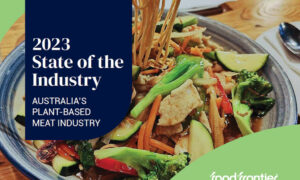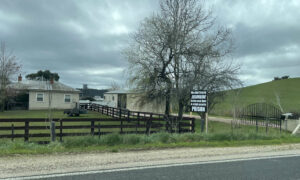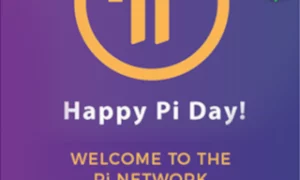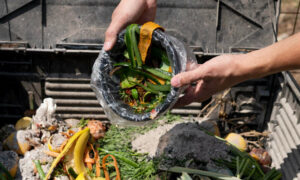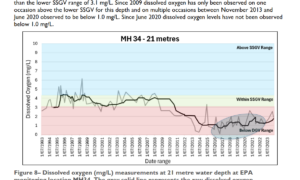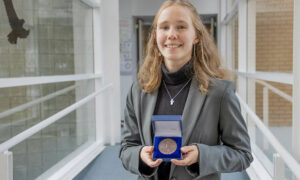Media release – HealthLit4Kids, 26 June 2024
Bowen Road students empowered by world-leading child health literacy initiative
Students from a southern Tasmanian primary school are reaping the benefits of an internationally renowned child health literacy initiative, designed to empower future generations to take control of their own health and wellbeing.
HealthLit4Kids is an evidence-based program developed by Tasmanian international experts Dr Rosie Nash and Dr Shandell Elmer. It has already been included in three World Health Organisation reports as an exemplar for addressing non-communicable diseases (chronic conditions) such as heart disease, stroke and diabetes.
The targeted initiative supports primary schools to build the health literacy of staff and students in developing a culture through which the needs of the whole school community are identified and supported.
Teachers from Bowen Road Primary School are reporting a noticeable improvement in their students’ understanding of good health and healthy decisions in their third year into the program.
Bowen Road Primary Advanced Skills Teacher, Jenny Morgan, said HealthLit4Kids differed to any other program, in that it gave teachers permission to teach curriculum in an integrated way, completely tailored to the unique needs of the school, making it relatable and fun for students.
“HealthLit4Kids designs a whole-of-school action plan providing an opportunity for us to create an ethos and culture of health, and to work together on a shared goal, creating a sense of cohesion and community,” Ms Morgan said.
“New vocabulary and conversations have been heard in our classrooms and playgrounds about healthy decisions and habits, and our teachers and parent community have noticed a change in the children’s health behaviour and general classroom behaviour.”
HealthLit4Kids co-creator Dr Rosie Nash said the program gave students the opportunity to express what they learned in an age-appropriate way through their own displays and artefacts, which they were encouraged to share with their peers.
“We’ve been working with Bowen Road Primary for three years now and it is wonderful to see such positive results being observed by the whole school community,” Dr Nash said.
“The program aims to allow children to explore health issues that are specifically relevant to themselves, their families, friends and local community.
“Every year, we sit down with the teachers at the school to review what’s working for them and refining their action plan as needed, measuring outcomes from the past 12 months and setting new goals for next year.
“Every school is completely different in terms of their needs and areas of focus, and we not only tailor the program to individual schools, but within their respective action plans we also breakdown aims into ‘whole school’, ‘teachers’, ‘students’ and the ‘wider community’.
“That way we involve the whole school community, and it gives everyone a sense of ownership and pride in what they’re working together to achieve.”
Tasmanian leading not-for-profit health insurer St Lukes is working to lobby the Tasmanian Government to fund the rollout of the program progressively across all primary schools statewide.
St Luke CEO Paul Lupo said Tasmanians experienced significant challenges when it came to both their health literacy and educational attainment.
“Here we have an internationally sought-after child health literacy program, developed right here in Tasmania by Tasmanians, which is being adopted by other governments around the world, yet only a small proportion of our schools have access to it,” Mr Lupo said.
“Health literacy ensures everyone in the community, regardless of background or education level, can access and understand essential health information, enabling them to actively participate in their own health and wellbeing.
“If we equip our children with the invaluable asset of health literacy, we will see a transformative intergenerational impact on Tasmania’s health outcomes. This represents a critical component of our vision to make Tasmania the healthiest island on the planet.”
Dr Nash said health literacy was an essential life skill that should be developed with children and adolescents before health behaviours were formed. “Research shows we do most of our learning about how to be healthy with our family and friends during our school years, meaning quality health education in primary schools is essential for healthy learners and healthy communities,” she said.
“We want to be able to provide the same opportunity for learning to all Tasmanian primary schools, and we are hopeful that though case studies like Bowen Road Primary, the government will see the long-term benefits of that opportunity.”





